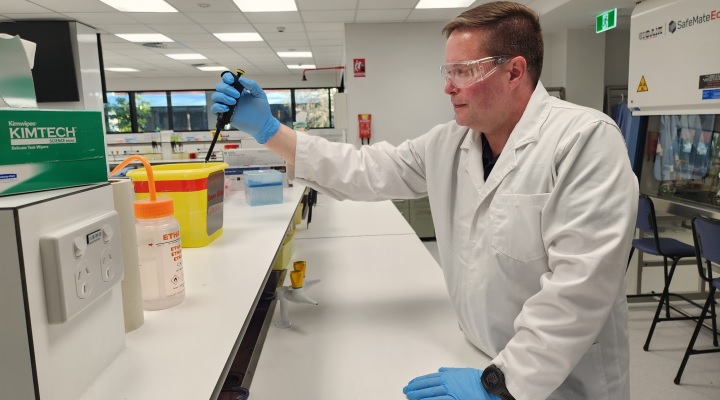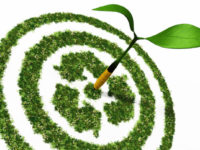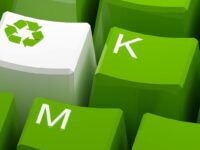Brisbane-based climate tech startup Cyclion has signed a Letter of Intent with The National Development Company (NDC), the Philippines’ leading state-owned enterprise investing in diverse industries, that will enable the company to export its waste-to-energy technology and establish recycling programs in that country.
The partnership opens doors for Cyclion to open new processing facilities across the country, the first of which is slated to begin construction at the end of 2024 to process 50 tonnes of waste per day. It is also in talks with private enterprises in the Philippines to establish an AUD$150 million recycling plant in Manila with the capacity to process 900 tonnes of waste every day once fully operational. That plant is set to begin construction in 2025.
The start-up, which currently has three full-time employees, has identified Southeast Asia as the key area for its first waste-to-energy plant, with nearly a third of the world’s waste dumped throughout the region. The NDC stated that the partnership with Cyclion will allow government bodies and officials of the Philippines to reduce the country’s dependence on imported fuel and remove the influence of the Organization of the Petroleum Exporting Countries (OPEC) on fuel prices.
“We believe that the Project falls well within NDC’s investment criteria of pioneering, developmental, inclusive, sustainable, and innovative. We are positive about our potential collaboration,” Antonilo DC. Mauricio, General Manager of the NDC, said.
Cyclion’s recycling technology utilises proprietary catalysts specially designed to convert mixed waste materials such as plastics and organic waste into energy using an innovative new technology referred to as the ‘Cyclion Catalytic Fluid’ (CCF) method. The process liquifies plastics and organic rubbish without pre-treatment to convert it into fuel or electricity.
Cyclion estimates that the 12,350 tonnes of plastic waste could be broken down by a fully operational plant in around two weeks. The result would be two million litres of diesel fuel that could fill the tanks of around 30,000 cars.
“We are very fortunate to be partnered with the NDC and this partnership is a big step to fulfilling our vision of taking household rubbish and converting it into energy in an environmentally friendly and sustainable manner,” Philip Major, Founder and CEO of Cyclion (pictured), said. “The partnership will utilise our proprietary catalysts and processing technology to tackle a global issue and we’re thrilled to have partnered with an organisation that shares our vision and belief in technology being good for the planet as well as profits.”
The waste-to-energy market is expected to surpass $68 billion annually by 2030.















